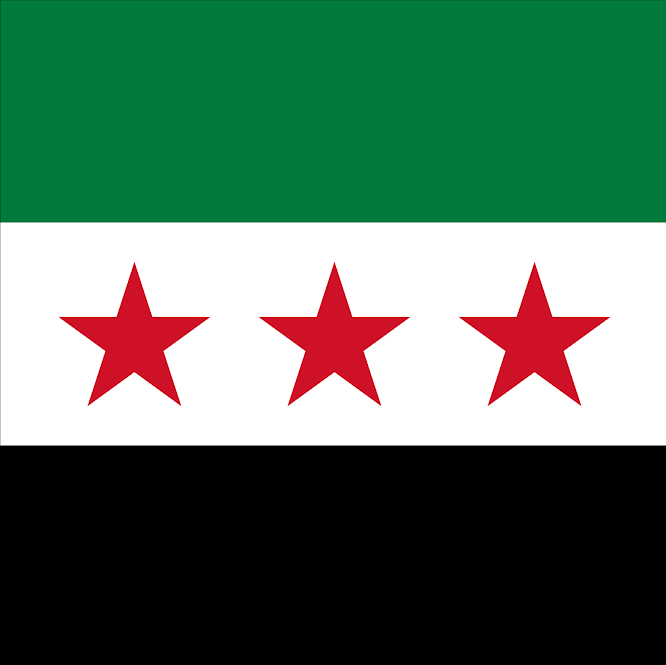Syrian leader Ahmed al-Sharaa has firmly rejected Kurdish political factions' demands for a decentralized system of government in post-Assad Syria, citing concerns over national unity, according to a report from LBC International. The stance underscores potential friction points as various groups seek to define the country's future political structure.
In a statement released Sunday, Sharaa's office, representing the country's Islamist leadership, asserted that proposals for federalism or self-autonomy pose a threat to Syria's cohesion. "We reject any attempt to impose a partition or create separatist cantons under the terms of federalism or self-autonomy without a national consensus," the statement declared. It emphatically added, "The unity of Syrian territory and its people is a red line."
This rejection follows a significant meeting of rival Syrian Kurdish parties held Saturday in the Kurdish-controlled city of Qamishli. Attended by U.S. officials, the conference resulted in a unified stance among the Kurdish groups, showcasing their strength and solidarity, including the dominant faction controlling Syria's northeast.
A communique issued after the meeting detailed a "joint Kurdish political vision" demanding that a future Syrian constitution respect Kurdish national rights. Crucially, the pan-Kurdish statement called for Syria to be structured as a "decentralized democratic state."
The opposing positions highlight a fundamental disagreement on Syria's future governance model. While Kurdish groups push for constitutional guarantees and devolved power structures after years of seeking greater recognition and autonomy, Sharaa's administration appears determined to maintain a centralized authority, viewing decentralization efforts as a potential precursor to separatism. This clash sets the stage for complex negotiations and underscores the urgent need to address potential conflict shaping post-Assad Syria.
